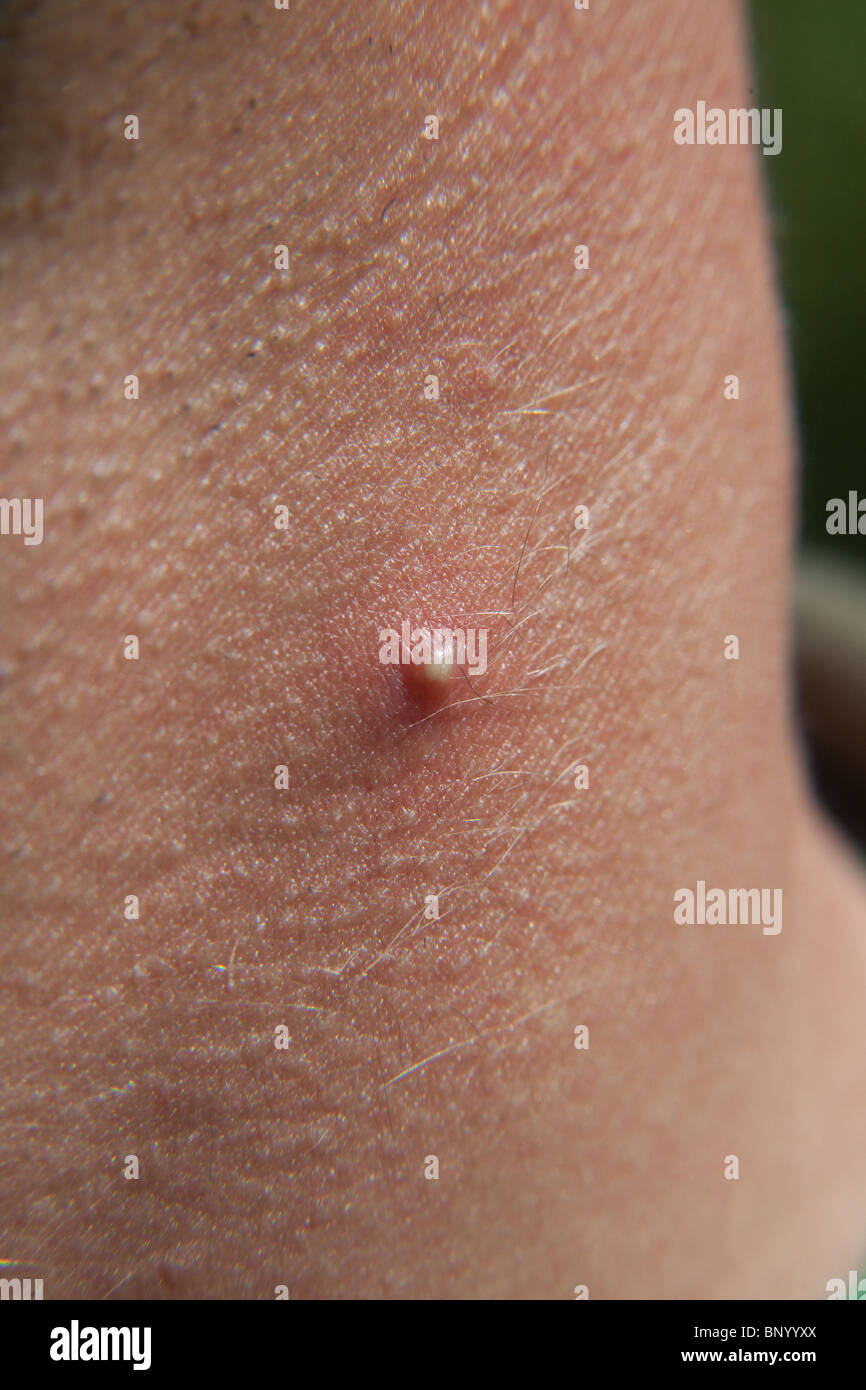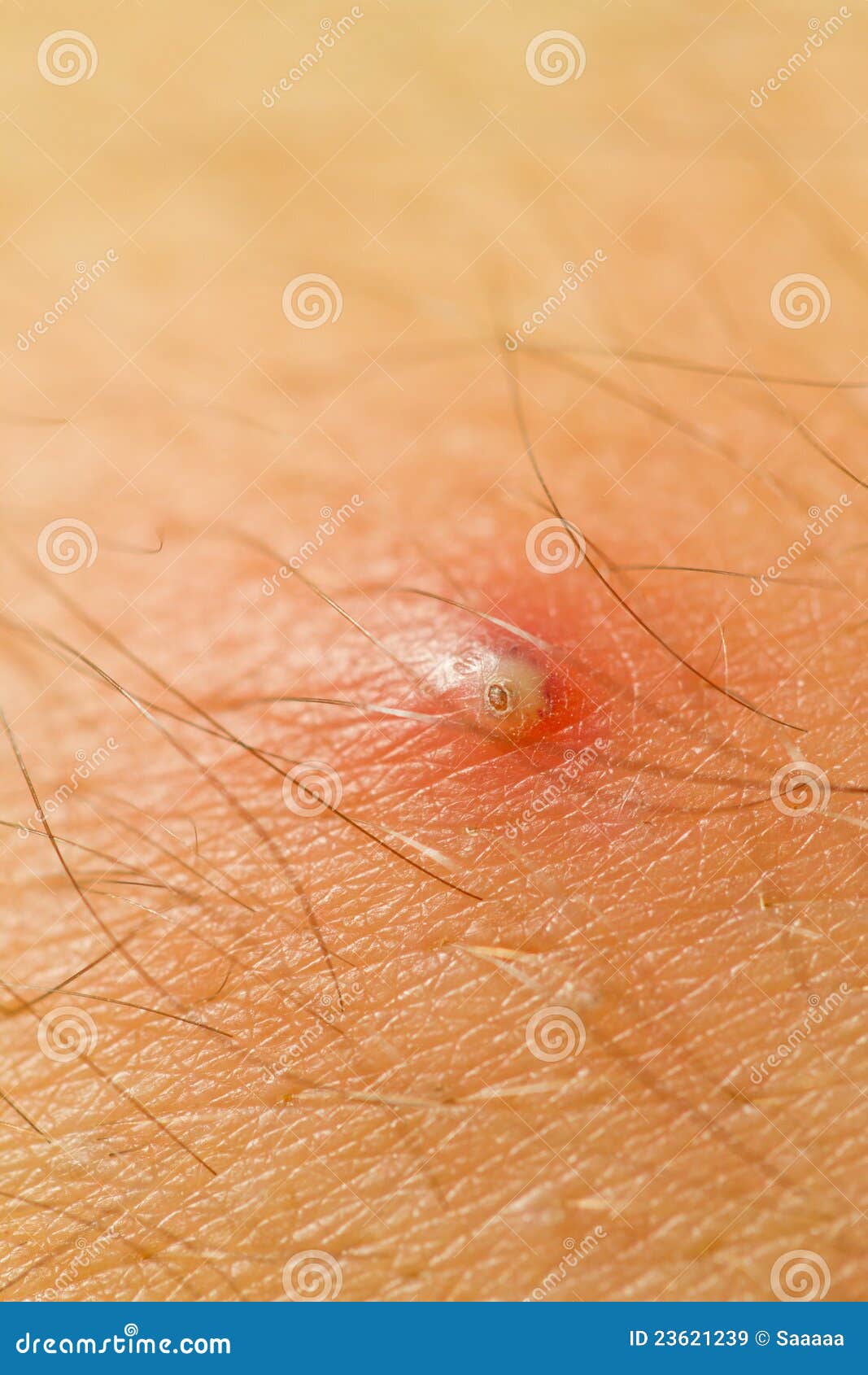Effective Strategies To Combat Black Spot Pimples: Your Ultimate Guide
Black spot pimples are one of the most common skin concerns that affect people of all ages and skin types. They are not only unsightly but can also significantly impact one's self-esteem. Understanding the causes, treatments, and prevention strategies is essential for maintaining healthy, radiant skin. Whether you're dealing with occasional breakouts or chronic issues, this guide will provide you with actionable insights to combat black spot pimples effectively.
Acne, in its various forms, is a prevalent skin condition that affects millions globally. Among the different types of acne, black spot pimples, also known as blackheads, stand out due to their distinct appearance. These small, dark bumps on the skin occur when hair follicles become clogged with oil and dead skin cells, leading to their formation.
With proper care and treatment, black spot pimples can be managed and even prevented. This article aims to provide comprehensive information about the causes, symptoms, treatment options, and prevention strategies for black spot pimples. Whether you're a skincare enthusiast or someone seeking solutions for this pesky issue, you'll find everything you need to know here.
Read also:Kyra On Reba A Comprehensive Guide To Understanding The Connection
Table of Contents
- What Are Black Spot Pimples?
- Causes of Black Spot Pimples
- Types of Blackheads
- Diagnosing Black Spot Pimples
- Treatment Options for Black Spot Pimples
- Home Remedies for Black Spot Pimples
- Prevention Strategies for Black Spot Pimples
- Best Skincare Products for Black Spot Pimples
- Diet and Lifestyle Tips for Healthy Skin
- Conclusion
What Are Black Spot Pimples?
Black spot pimples, commonly referred to as blackheads, are a type of acne that forms when a clog or plug develops in the opening of a hair follicle. They are characterized by their dark color, which is caused by the oxidation of sebum (oil) when exposed to air. Unlike whiteheads, blackheads are open comedones, meaning the clogged pore is open to the surface.
These pesky blemishes typically appear on the face, particularly in the T-zone (forehead, nose, and chin), but they can also occur on the back, chest, and shoulders. While they are generally not painful, black spot pimples can be stubborn and difficult to treat without the right approach.
Why Are Blackheads So Common?
One of the reasons blackheads are so prevalent is that they are influenced by several factors, including genetics, hormonal changes, and lifestyle habits. For instance, individuals with oily skin are more prone to developing black spot pimples due to excessive sebum production. Additionally, poor skincare routines and improper product usage can exacerbate the condition.
Causes of Black Spot Pimples
Understanding the root causes of black spot pimples is crucial for effective treatment and prevention. Several factors contribute to the formation of these blemishes:
- Excess Sebum Production: Overactive sebaceous glands can lead to the accumulation of oil in the pores, creating an ideal environment for blackheads to form.
- Dead Skin Cells: When dead skin cells mix with sebum, they can clog pores and contribute to the development of black spot pimples.
- Hormonal Changes: Fluctuations in hormones, particularly during puberty, menstruation, and pregnancy, can increase sebum production and trigger acne.
- Improper Skincare: Using oil-based skincare products or failing to cleanse the skin properly can worsen the condition.
- Environmental Factors: Pollution and high humidity levels can exacerbate blackheads by clogging pores and trapping dirt and debris.
Are Blackheads Contagious?
Contrary to popular belief, blackheads are not contagious. They are a result of internal and external factors affecting the skin and cannot be transferred from person to person. However, sharing skincare products or touching the face frequently with dirty hands can introduce bacteria and worsen the condition.
Types of Blackheads
While blackheads are generally categorized as open comedones, there are variations in their appearance and severity:
Read also:Discover The Magic Of Catch It Kansas Your Ultimate Guide To Adventure
1. Mild Blackheads
Mild blackheads are small, barely noticeable bumps that can be easily managed with over-the-counter treatments and proper skincare routines. They typically appear on the nose and forehead.
2. Moderate Blackheads
Moderate blackheads are more pronounced and may require professional treatments, such as chemical peels or extractions, to effectively remove them.
3. Severe Blackheads
Severe blackheads are deeply embedded in the skin and often accompany other forms of acne, such as cysts or nodules. These cases usually necessitate dermatological intervention for proper treatment.
Diagnosing Black Spot Pimples
Diagnosing black spot pimples involves evaluating the skin's condition, identifying the underlying causes, and determining the appropriate treatment plan. Dermatologists often use the following methods:
- Visual Examination: A dermatologist will visually inspect the affected areas to assess the severity and type of blackheads present.
- Medical History: Understanding the patient's medical history, including hormonal changes and skincare habits, can help identify contributing factors.
- Skin Analysis: Advanced tools, such as dermatoscopes, may be used to examine the skin more closely and detect underlying issues.
When to See a Dermatologist
If over-the-counter treatments and home remedies fail to improve the condition, it's advisable to consult a dermatologist. Persistent or severe blackheads may require professional intervention to prevent scarring and further damage to the skin.
Treatment Options for Black Spot Pimples
Treating black spot pimples involves a combination of topical treatments, lifestyle changes, and professional procedures. Here are some effective treatment options:
1. Topical Treatments
Topical treatments, such as retinoids, salicylic acid, and benzoyl peroxide, are commonly prescribed for blackheads. These ingredients work by unclogging pores, reducing inflammation, and preventing new breakouts.
2. Chemical Peels
Chemical peels involve the application of a chemical solution to the skin, exfoliating dead skin cells and unclogging pores. This procedure can significantly reduce the appearance of blackheads.
3. Extractions
Manual extractions performed by a licensed esthetician or dermatologist can effectively remove blackheads without causing damage to the skin. It's important to avoid attempting extractions at home, as this can lead to scarring and infection.
Home Remedies for Black Spot Pimples
In addition to professional treatments, several home remedies can help manage black spot pimples:
- Clay Masks: Clay masks, such as those containing kaolin or bentonite, can absorb excess oil and impurities from the skin.
- Steam Therapy: Steaming the face can open up pores and soften blackheads, making them easier to remove.
- Tea Tree Oil: Known for its antibacterial properties, tea tree oil can help reduce inflammation and prevent acne.
Are Home Remedies Safe?
While home remedies can be effective for mild cases, it's essential to use them cautiously and test for allergic reactions before applying them to the entire face. Consulting a dermatologist is always recommended, especially for sensitive or acne-prone skin.
Prevention Strategies for Black Spot Pimples
Preventing black spot pimples involves adopting a consistent skincare routine and making lifestyle adjustments:
- Cleanse Regularly: Wash your face twice daily with a gentle cleanser to remove dirt, oil, and makeup.
- Exfoliate: Use a chemical exfoliant, such as alpha-hydroxy acid (AHA) or beta-hydroxy acid (BHA), to unclog pores and promote cell turnover.
- Moisturize: Even oily skin needs hydration. Choose a lightweight, non-comedogenic moisturizer to avoid clogging pores.
- Protect from Sun: Wear sunscreen daily to prevent UV damage, which can exacerbate acne and lead to hyperpigmentation.
The Role of Stress in Acne
Stress can trigger hormonal changes that increase sebum production, potentially worsening blackheads. Incorporating stress-reducing activities, such as yoga or meditation, into your daily routine can have a positive impact on your skin's health.
Best Skincare Products for Black Spot Pimples
Selecting the right skincare products is crucial for managing black spot pimples. Here are some top recommendations:
1. Cleansers
Cleansers containing salicylic acid or glycolic acid can effectively remove impurities and prevent pore blockage. Look for products labeled "non-comedogenic" to ensure they won't clog pores.
2. Serums
Vitamin C serums and retinol products can improve skin texture, reduce hyperpigmentation, and promote a more even complexion.
3. Masks
Charcoal masks and clay-based masks are excellent for detoxifying the skin and minimizing the appearance of blackheads.
Diet and Lifestyle Tips for Healthy Skin
Your diet and lifestyle play a significant role in maintaining clear, healthy skin:
- Hydration: Drink plenty of water to keep your skin hydrated and flush out toxins.
- Balanced Diet: Incorporate foods rich in antioxidants, such as fruits and vegetables, to support skin health.
- Limit Sugar and Dairy: Studies suggest that high-sugar diets and dairy consumption may worsen acne.
Exercise for Skin Health
Regular exercise improves circulation and reduces stress, both of which contribute to healthier skin. However, it's important to cleanse your skin after sweating to prevent pore clogging.
Conclusion
Black spot pimples may be a common concern, but with the right knowledge and approach, they can be effectively managed and prevented. By understanding the causes, adopting proper skincare routines, and making lifestyle adjustments, you can achieve clearer, healthier skin. Remember to consult a dermatologist if over-the-counter treatments and home remedies fail to produce results.
Take action today by implementing the strategies outlined in this guide. Share your thoughts and experiences in the comments below, and don't forget to explore other articles on our site for more skincare tips and advice. Together, let's take control of our skin health and embrace confidence in our appearance!
Article Recommendations


